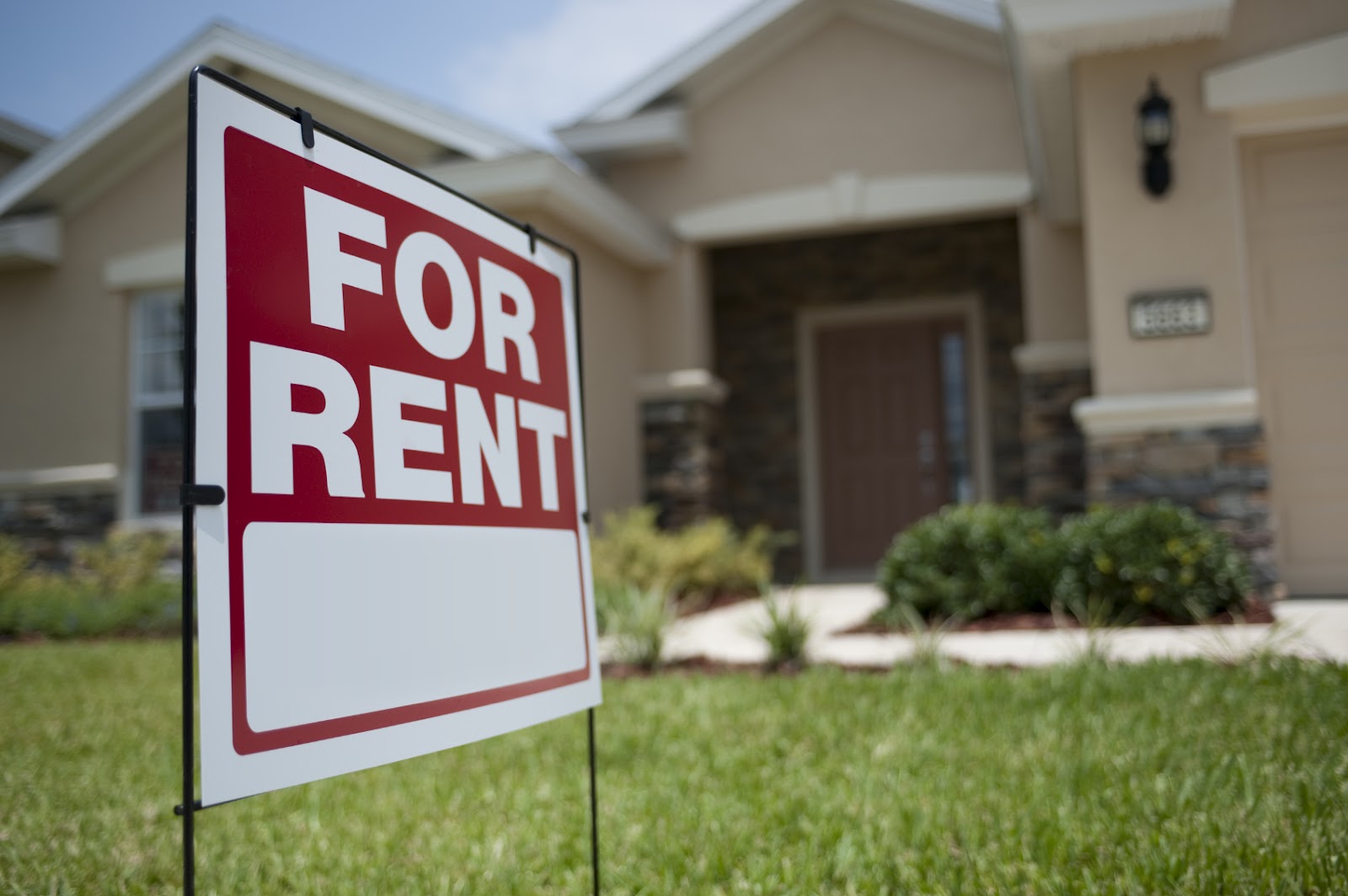Does Possessing Rental Property Help With Taxes?

Having a rental home makes it possible for a landlord to deduct costs incurred against income made from it in the possession of your home. With cautious bookkeeping and record-keeping, possessing property can lead to significant tax savings. Using the professional services of a seasoned tax professional who understands about property tax may help you in garnering added tax-economy catered for your particular scenario.
Reporting Earnings
Revenue obtained to the Internal Revenue Service must be reported by landowners. Security deposits will not need to get documented unless any part to cover outstanding rent is applied by the landlord. When services are rendered by a renter or pays invoices for the house instead of a payments that were producing, it reported as revenue and has to get computed.
Deducting Costs
Landlords can deduct costs associated with its own lease and the house. Costs that are eligible include home repairs, operational costs, worker payroll, materials, reduction as a result of theft utility costs, marketing expenses, depreciation, interest paid on real-estate taxes and the mortgage.
Depreciation
Over its life, disintegrate, a house starts to breakdown and become obselete through age. This yearly decline is known as depreciation, as well as the Internal Revenue Service permits it to be deducted for by landowners . Depreciation will make the distinction between making a profit and getting a reduction, and can be a landlord’s biggest tax write-off. Landlords can take depreciation deductions for the home as well as private things found in the lease of the property including drives, fence and carpeting. A limit is set by the Internal Revenue Service on depreciation on the basis of the age and kind of thing or property.
Warning
If he utilizes his rental home for private goals at any given stage through the tax yr, his costs should break up. Private use is defined by the Internal Revenue Service as when the landlord retains the house empty to make repairs that are substantial or when a buddy or family member of the landlord or the landlord resides in the home. The landlord must subtract the absolute amount of days the house was occupied or unoccupied in the total times in the entire year to ascertain his eligible percentage of deductions for private use.
Concerns
Citizens can take tax deductions for rental home by reporting and classifying it either as private investment or a company. Reporting it and classifying the house as a company investment so permits a landlord added tax write-offs for startup and home-office costs than reporting the home as an individual investment. To qualify, a landlord will need to have owner’s manual that he constantly works in the company of his qualities and equally makes a pro Fit and consistently, systematically.
Reporting to the Internal Revenue Service
When reporting private rental revenue and costs, a landlord lists revenue and costs on his U.S. Person Incometax Reunite, IRS Kind 1040. When computing income and expenses to get an individual investment, a landlord should work with IRS Program E., a Supplemental Earnings and Reduction form The form h AS room for listing up to three qualities and contains space to record itemized totals for rents and royalties acquired and expenditures including advertisements, car, traveling, clean up as well as care, percentages, insurance, legal and expert charges, administration costs, mortgage curiosity, other curiosity, repairs, materials, house taxes and utilities. When a landlord chooses to classify his house as an enterprise cost, he should use C or IRS Routine C -EZ, Web Make Money From from Company form. The form contains expense areas and exactly the same income as the Routine eplus the others, including enjoyment and worker gain repayments, deductible dishes and permits. Landlords using this form must make use of the money method of accounting. Landlords use IRS Kind 4562, Depreciation and Amortization to report depreciation costs. Thing or each house gets recorded together with the date it was placed into service as a lease. The landlord lists the home based on its relative depreciation sort: five-yr, seven-yr, 10-year, 15-year, 20-year, 25-year, residential lease or non-residential actual property.